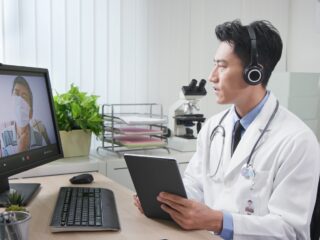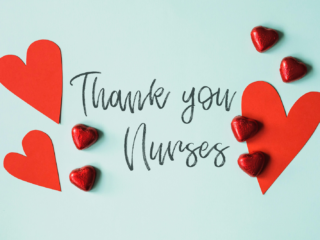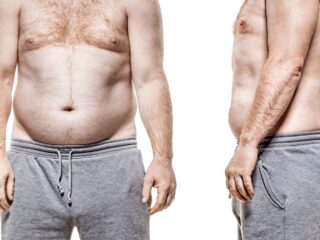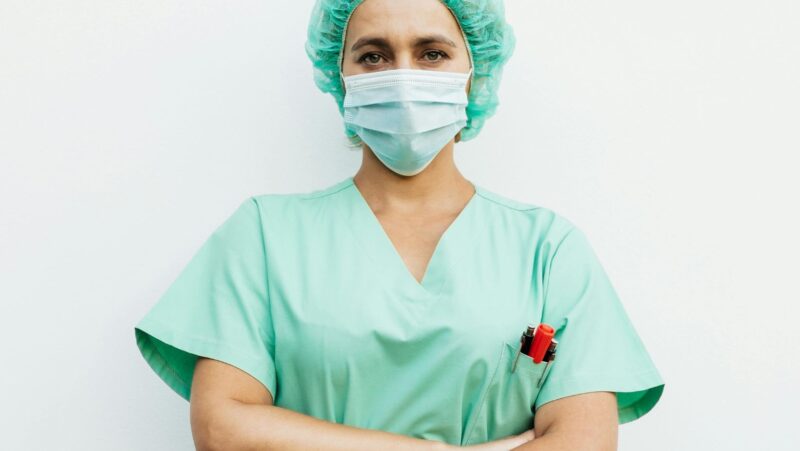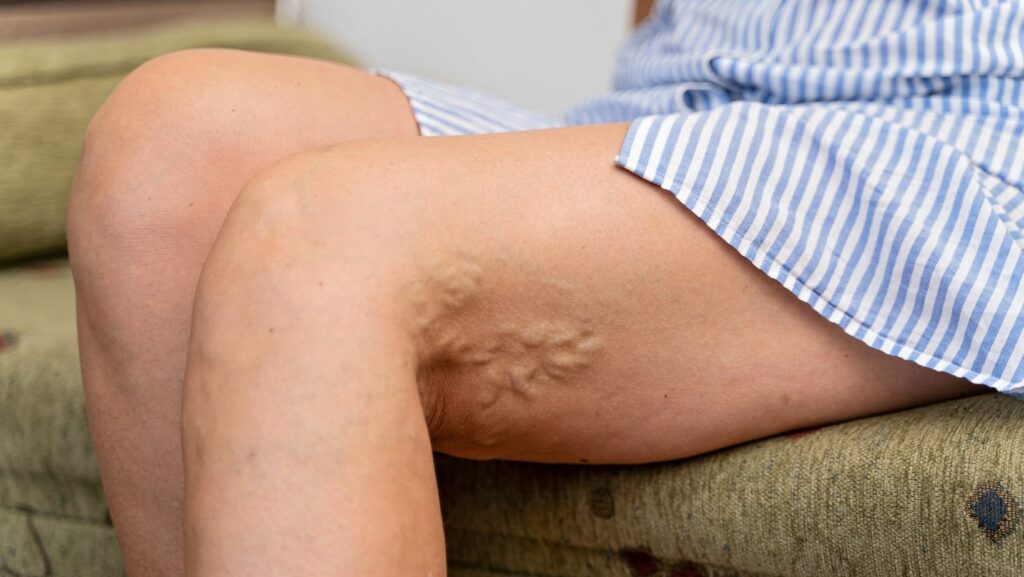
Veins, the incredible network of channels in our bodies, perform the critical task of returning blood to the heart. While they typically function seamlessly, sometimes, problems can occur. One such issue is the development of varicose veins. These swollen, enlarged, and twisted veins are not only cosmetically displeasing but can also lead to discomfort and potentially serious health problems if left untreated. Elite Vein Clinic offers advanced treatments for varicose and spider veins, ensuring you receive top-tier care and achieve the best possible results.
Let’s delve into the causes, symptoms, and treatment options for this common condition.
Understanding The Causes Of Varicose Veins
The first stop on our journey is understanding the root cause of varicose veins. As your varicose vein doctor would explain, they result from damaged or weak valves within the veins. Veins have one-way valves to prevent blood from flowing backward as it’s pumped back to the heart.
However, when these valves fail, blood can pool in the veins, causing them to expand and become varicose.
Risk factors include age, as the valves in veins weaken over time, and gender, with women being more prone due to hormonal changes during pregnancy, pre-menstruation, and menopause. Other factors include a family history of the condition, obesity, a sedentary lifestyle, and occupations that require standing for long periods.
Identifying The Symptoms Of Varicose Veins
The most obvious symptom of varicose veins is their appearance – they are usually blue or dark purple and look bulgy or twisted.
However, they can also cause physical symptoms. These include aching legs, a heavy feeling in the affected area, swelling in the feet and ankles, burning or throbbing sensation in the legs, muscle cramping, and dry, itchy skin over the vein.

Not everyone with varicose veins will experience these symptoms, and for some, the symptoms may be more severe than others. If you’re experiencing discomfort, it’s essential to seek medical advice.
Conservative Management Approaches
Before diving into more invasive treatment options, let’s look at some conservative approaches that you can initiate yourself. These are primarily aimed at relieving symptoms and preventing the condition from worsening.
Regular exercise can improve your vein strength and overall circulation. Weight management is also crucial, as excess weight puts more pressure on your veins. Additionally, elevating your legs when resting, wearing compression pantyhose or stockings, and avoiding long periods of standing or sitting can also be beneficial.
Minimally Invasive Treatment Options
If conservative management is ineffective, or if your varicose veins are causing significant discomfort or distress, your healthcare provider might recommend minimally invasive treatments. These procedures, often performed by a vascular surgeon or a varicose vein doctor, include endovenous laser treatment (EVLT) and sclerotherapy.

EVLT involves the use of a small laser fiber that’s inserted into the vein, emitting heat that causes the vein to collapse and seal shut. Sclerotherapy uses a solution injected into the vein, causing it to collapse and eventually fade away. Both procedures are typically performed under local anesthesia.
Surgical Treatments
In severe cases where minimally invasive treatments might not be effective, surgical interventions may be required. These include vein stripping, where the affected vein is removed through small incisions, and ambulatory phlebectomy, where the varicose vein is removed through a series of tiny skin punctures. These procedures are generally reserved for larger varicose veins.
It’s important to note that these treatments do not prevent new varicose veins from forming, which is why maintaining a healthy lifestyle is crucial.
In Conclusion
Understanding varicose veins, their causes, and symptoms is the first step in managing this common condition. Whether through conservative approaches, minimally invasive treatments, or surgical intervention, there are multiple paths to alleviate the discomfort and cosmetic concerns associated with varicose veins. Consult with your varicose vein healthcare provider to find the treatment that best suits your situation and needs.
Remember, knowledge is power, and empowering yourself with information can guide you in making the best healthcare decisions for your body.

